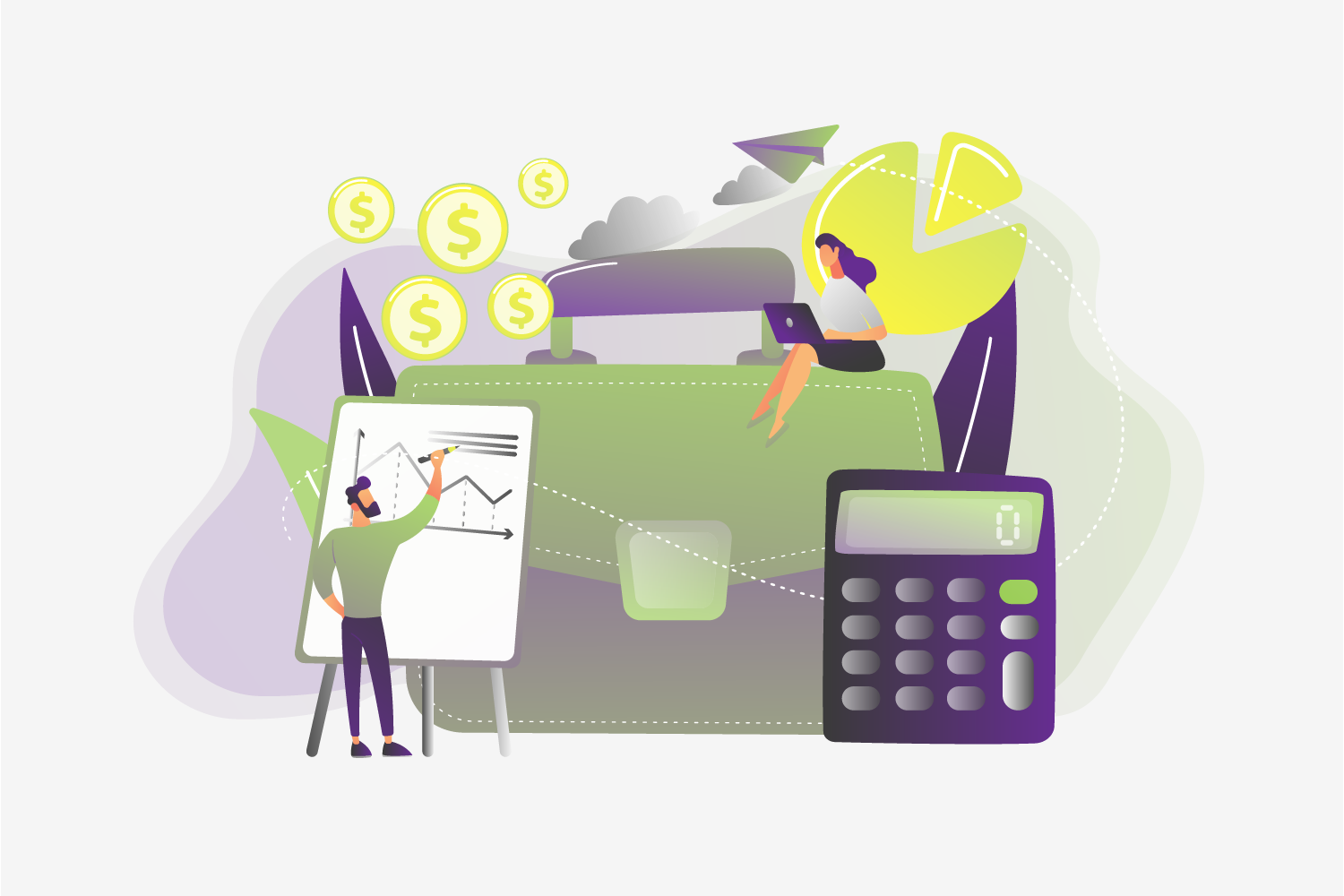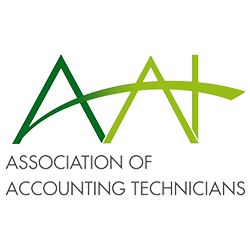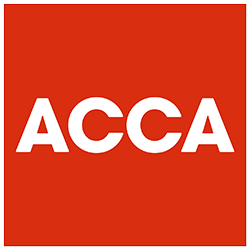A Beginner’s Guide to Accounting in 2023: Where to Start

Interested in accounting or bookkeeping? Get an overview of standard key terms, phrases and responsibilities of accountants — without exploring the intricacies of each area.
Accounting or bookkeeping is the act of recording, tracking and managing financial transactions that occur concerning individuals, companies or small businesses. Accounting and bookkeeping are mostly interchangeable as they both deal with the same accounting principles, financial statements and accounting systems.
The majority of accounting/bookkeeping is done automatically through accounting software. However, some concepts are still required to be taught so that individuals particularly small business owners do not have to spend an exuberant amount of money outsourcing to others. Check out this article on how to become an accountant in NZ.
Understanding what you need to know
The first step to this beginner’s guide is to consider the following questions:
- Why is accounting or bookkeeping necessary or beneficial for me? (i.e. Do I need it to improve my small business processes or for my personal finances?)
- What problems can accounting help me solve?
- What system am I currently using and can it be improved?
- In what methods or ways can I increase my accounting knowledge?
In other words, what am I looking to get out of a beginner’s guide to accounting that I can implement in my own life or small business operation? I think before diving into a hefty long course, or accounting degree is it necessary to see the value of learning specific accounting skills.
Furthermore, how you can apply these skills in real-life scenarios? For example, you wouldn’t learn about small business accounting or e-commerce if the majority of your transactions occur on a cash basis. There are many different ways accounting can be utilised by small companies to enhance business and help achieve their financial goals if used correctly.
Short online courses such as a Certificate in Accounting or an Accounts Administration & Payroll Certificate plus Xero and MYOB are great starting points for businesses wanting to gain knowledge of accounting software, terms and systems to be more profitable.
Accounting for small businesses
If you work as a sole proprietor or freelancer, there are several terms or phrases that you would regularly hear accountants mention such as double-entry accounting or accrual accounting income statement.
When considering companies, you must also find the appropriate accounting systems that join the two aspects together. This is because some businesses work better with different accounting practices that ensure money is available and accessible at all times.
A few accounting decisions to consider are explained below:
- Single-entry vs. Double-entry accounting
- Cash or Accrual
- Learn Basic accounts and financial statements
- Schedule or record of Accounting Books
Single vs double-entry
Single entry is one entry, either positive or negative, used for low-volume businesses with not many customers daily. Double-entry uses a “debit” and a “credit” to track income and expenses. It is used to prepare budgets and financial statements more easily.
Cash or accrual
Cash accounting records transactions when they usually occur at the point of sale. Accrual accounting is a recording of the financial transactions before or after it happen. An example would be rent that has not yet been paid but is expected to be paid in the next month.
Basic accounts and financial statements
Accounts
- Assets (anything of value such as cash or a business car)
- Liabilities (loans or mortgages)
- Equity (profits retained by business)
Financial statements
- Balance sheet
- Income statement
- Cash flow statement
Account types help prepare financial statements that can be used for business planning and strategy. These are the basic accounts and financial statements that should be known to accountants and bookkeepers.
Schedule or record of Accounting Books
Accounting is primarily a routine task where a transaction needs to be recorded and accounted for when it occurs. Cash flow is essential for the operations of businesses and can assist in the scheduling of stock inflow/outflow.
Without the proper invoicing or the recording of financial statements, companies can often encounter cash flow difficulties which can be a determinant to business operations.
Furthermore, keeping a schedule of payments or a bank statement from personal bank accounts such as credit card or mortgage payments can help individuals keep track of their finances which can also assist in tax returns.
Best accounting software to use
In 2022, small businesses can use accounting software to efficiently and effectively keep a record of all financial transactions that occur. Such accounting software includes Xero, Quickbooks Online and even Amazon accountant/bookkeeper.
In these cases, accountant and bookkeeper software work in different ways, so it is crucial to research what type of software and for what purpose you require this software. There are accounting software programs that offer a free trial period. Therefore it may be useful to try different accounting software to see which one matches your particular needs best.
Accounting software can be helpful instead of using Excel or general ledgers to record financial transactions that occur; however; it may not always be the case. The general rule should be to find the quickest and most efficient way to record, manage and maintain financial records for you or your small business.
Whether you are operating a sole proprietor, freelancer or small business and want to know more about business bookkeeping/accounting, understanding the basics can assist you in better managing your finances. With basic accounting knowledge, you can create a more efficient, cost-effective way to gain the upper hand in your business operations for a prolonged period of time.
Browse Results
Accounting Diploma
Once you qualify, your job prospects will soar. If you’re eager to enhance your accounting skills, and pursue a career in accounting, finance or business, then this course is a must. It’s an advanced qualification that builds on the practical accountin…


Accounts Administration & Payroll Certificate plus Xero and MYOB
Up your practical knowledge and stand out from the crowd with our intermediate online course. You’ll gain skills in accounting, GST, Xero, payroll, Microsoft Excel and much more….


Certificate in Bookkeeping
Learn to balance the books with our accredited course. You’ll be able to prepare GST returns, liaise with the Inland Revenue on behalf of a taxpayer and keep business accounts, as well as learning to analyse and interpret a profit and loss statem…


Certificate in Accounting
This is a course that ticks all the boxes. The Career Academy Certificate in Accounting will provide you with all the necessary skills to work in an accounting environment. There’s no prior experience needed to do the course. And once you finish, you’l…

Accounting Pathway Program
Become a Qualified Accounting Technician and member of AAT! Fast track your accounting career with The Career Academy. This Program is unique to The Career Academy and specifically designed for those working or who have worked in an entry through to in…


Diploma in Xero
Gain an advanced workforce-ready skillset in Xero. It’s one of the most highly awarded Xero courses that you could take. The Diploma in Xero for accountancy, bookkeeping and administration roles is loaded with specially rated achievements. These includ…


AAT Qualified Bookkeeper Pathway
Become a professional AAT Qualified Bookkeeper with our AAT Pathway for Bookkeepers and fast track your bookkeeping career! Learn to balance the books, prepare GST returns and prepare business accounts, before using the prestigious AAT membership to la…


AAT Accounting Pathway Program
How to get your accounting career really moving. This is the program for those who love to take bold steps to champion their career. It’s unique to The Career Academy and specially designed for those working, or who have worked in an entry through to i…


Accounting Technician Pathway for Bookkeepers
How to advance your Bookkeeping career in more ways than one. Want to advance your Bookkeeping career and earn more? Well, this is how you go about it: AAT Accounting Technician Pathway for Bookkeepers. Sharpen those bookkeeping skills needed to progre…


MYOB Diploma
Gain a recognised certificate in MYOB and become an expert! There are three accredited courses which make up the this accredited online Advanced Certificate: Certificate in MYOB Essentials and official MYOB Certification. Each qualification builds on t…


Diploma in Excel & Diploma in Xero Package
Get two industry-recognised qualifications and become a Xero & Excel expert! This package combines the Diploma in Xero and the Diploma in Excel. It will give you a comprehensive and workforce ready understanding of both Excel and Xero, giving you e…


Diploma in Excel & Diploma in MYOB Package
Get two professional qualifications and become an MYOB & Excel expert! This course combines the Diploma in MYOB Package and the Diploma in Excel Package. It will provide you with comprehensive and workforce ready Excel and MYOB skills required for…


Accounts Administration & Payroll Pathway
You’re well on the road to success once you have this course under your belt. You’ll become a professional accounts administrator where you’ll learn how to balance the books and prepare GST returns and business accounts before using the prestigious AAT…

ACCA Qualified Pathway
Advanced your career and become a member of the Association of Chartered Certified Accountants (ACCA). This program is your gateway to a successful career in accounting and finance. Unique to The Career Academy, this program is designed for ambitious i…


Certificate in Accounts Payable and Receivable
Learn how to do accounts payable and receivable like a professional The Career Academy Certificate in Accounts Payable and Receivable offers students an excellent learning and professional development opportunity. Learn how to approach accounts payable…

Certificate in Taxation
Big skillset? Great mindset! Understanding taxation for your small to medium business or as an employee of someone else’s company is a great way to arm yourself for success. Completing The Career Academy taxation course online while you work – or build…

